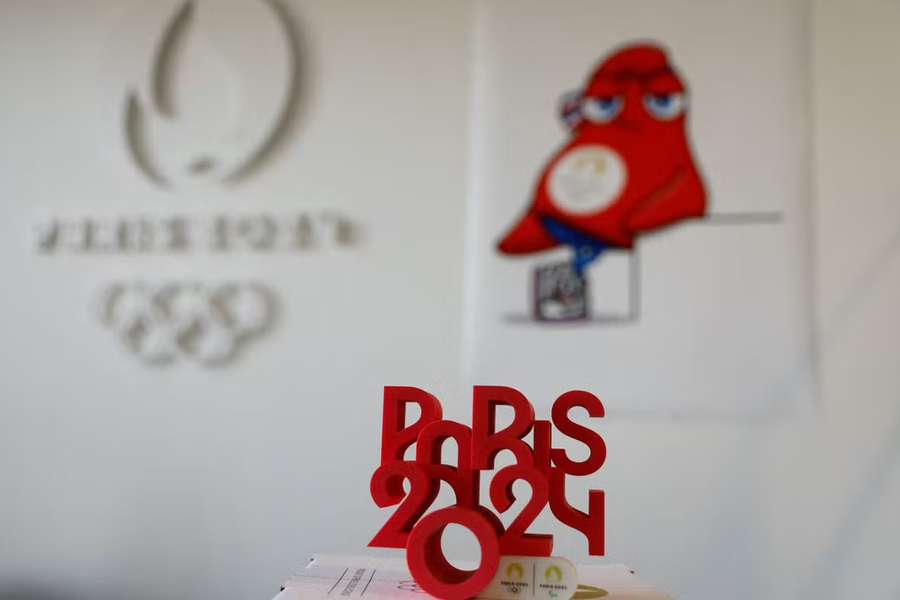IOC: Governments failed to address human rights over 'neutral' athletes

In a letter seen on Monday by AFP, over 30 countries expressed concern about how neutral the athletes could be, particularly given the "strong links and affiliations between Russian athletes and the Russian military".
"We have strong concerns on how feasible it is for Russian and Belarusian Olympic athletes to compete as 'neutrals'... when they are directly funded and supported by their states," read the letter.
It said that "these strong concerns need to be dealt with by the IOC".
However, the IOC in their reply on Tuesday noted "the explicit human rights concerns expressed by two special rapporteurs of the United Nations Human Rights Council have not been addressed in the statement".
The IOC Executive Board held discussions with the two special rapporteurs in late January.
Following that they issued a statement referring to the need to respect the rights of all athletes to be treated without any discrimination, in accordance with the Olympic Charter.
Russia and its ally Belarus, which allowed its territory to be used as a launchpad when Moscow began its invasion of Ukraine last February, have been sidelined from most Olympic sports since the war began.
The International Olympic Committee (IOC) has said it is exploring a "pathway" to allow Russian and Belarusian competitors to take part in the Paris Games, under a neutral flag -- sparking fury from Ukraine.
The letter to the IOC follows a summit earlier this month in London attended by France, Britain, the United States and Canada, among others.
'Constructive questions'
The IOC said in their reply the definition of what constituted a neutral athlete were initially tackled last December.
"In December last year, the leaders of all the stakeholders of the Olympic Movement addressed these human rights concerns and established the broad principles of such neutrality," the IOC said.
The principles demand that neutral athletes would "in no way represent their state or any other organisation in their country", as is this case in many individual sports such as tennis, and that they "fully respect the Olympic Charter".
"Only those who have not acted against the peace mission of the IOC by actively supporting the war in Ukraine could compete," the IOC said, adding that athletes would also need to "fully comply" with the world anti-doping code.
The IOC said that discussions were a work in progress.
"There have been ongoing detailed consultations with these stakeholders in order to define these principles in more detail.
"In this context, the constructive questions expressed in the statement will be taken into due consideration."
The IOC and its president Thomas Bach have come in for heavy criticism over their stance although the German said last week he shared the "grief and human suffering" of Ukrainian athletes.
However, he added it was not up to individual governments to decide who takes part in international sporting competition.
Kyiv mayor and former heavyweight boxing world champion Vitali Klitschko hit back, telling AFP that people are either "for or against war".
"I would be very happy to invite Thomas Bach to Kyiv, to Ukraine so that he can see for himself the destroyed villages, the cities, to see how many people are killed.
"He doesn't understand... or plays some games with Russia."

